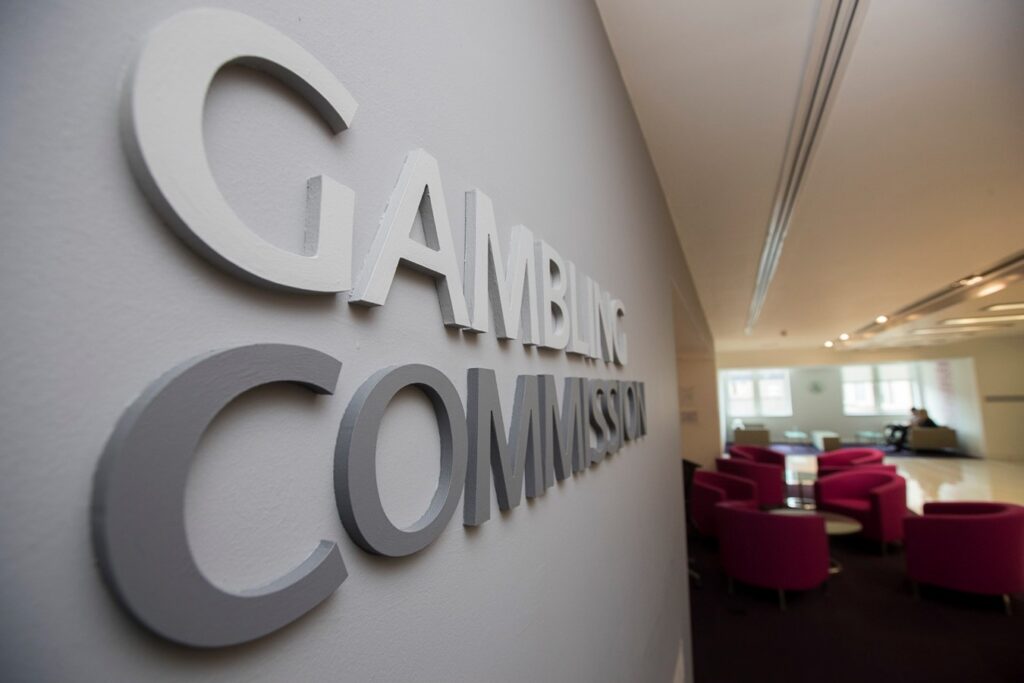The UK Gambling Commission has initiated a 13-week consultation process aimed at enhancing transparency and clarity in penalty calculations for gambling operators.
This move follows the release of a white paper as part of the ongoing review of the 2005 Gambling Act, which outlined proposals for the future regulation of gambling activities in the UK.
The consultations will also encompass financial key event reporting, taking into account the growing complexity of mergers and acquisitions in the gambling sector and the increasing globalization of the industry.
One of the key areas under discussion is the determination of the starting point for fines, along with the consideration of whether penalties should be based on the gross gambling yield (GGY) generated during the breach.
The hope is that these consultations will contribute to a more effective and fair regulatory framework for the British gambling sector.
Kay Roberts, the executive director of operations at the Gambling Commission, emphasized the importance of stakeholders participating in these consultations, stating,
“These consultations are part of our continued drive to ensure Britain has the world’s most effectively regulated gambling sector.
We would urge all our stakeholders to take the time out to have their say on these consultations as all views on proposed changes will be considered.”
The Gambling Commission’s commitment to improving the industry’s regulation is further underscored by its recent launch of a confidential reporting service.
This service allows individuals to report criminal and suspicious activities anonymously, addressing the need for heightened vigilance in the gambling sector.
The decision to launch this service was prompted by statistics released by the Commission, indicating a significant surge in land-based gambling, with the sector experiencing over 20% growth in the past year, returning to pre-pandemic levels.
Total gross gambling yield (GGY) also saw a substantial year-on-year increase of 6.8%, reaching £15.1 billion for the 12 months from April 2022 to March 2023.
This figure, encompassing all licensed remote and land-based gambling operators, represents a 6.6% increase compared to the pre-lockdown period up to March 2020.
Additionally, British charity GambleAware highlighted online slots as a key area of concern in its recent statistics.
Over a third of GambleAware’s support service contacts in 2022-23 were related to gambling-related harm caused by online slots, with 37.9% of those seeking treatment citing this as an issue.
Internet sports betting accounted for 15.6% of support service contacts, while fixed-odds gaming machines in bookmaker shops were responsible for 12.8%.
These figures emphasize the need for a comprehensive approach to addressing problem gambling within the UK.
